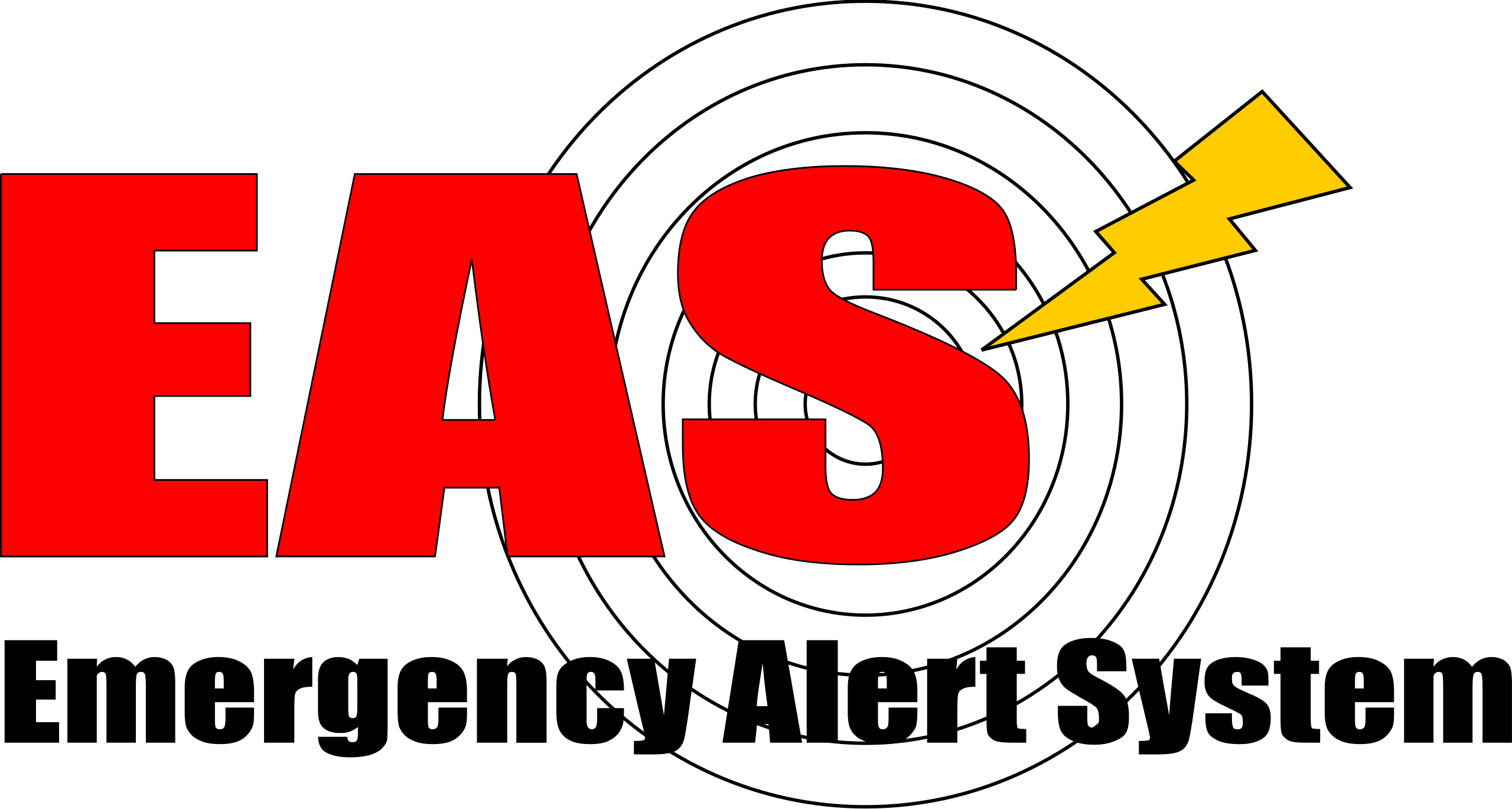DTV Draft Legislation: Everyone Loses Equally
It's said that an agreement is fair if everyone wins or loses equally. Draft DTV legislation offered recently by leading Republicans on the House Energy and Commerce Committee contains enough language for all parties to lose equally.
First, there's the dual must-carry provision that has the cable industry losing and broadcasters winning. The provision would require cable operators to carry both analog and digital signals of every TV station in an entire market under certain circumstances. This provision is an end-run around the FCC, which has been against dual must-carry.
If a cable operator chooses to downconvert the primary digital signal of at least one broadcaster in a market, it would have to do the same for every primary digital signal in that market. (There is no mention of LPTV.)
However, since the legislation does not require cable operators to carry DTV multicasts beyond the primary signal, broadcasters lose but cable wins.
Finally, almost everyone wins with the hard cut-off date of December 31, 2008. While this is two years after the original cut-off, it does not include the 85% DTV penetration loophole. This, of course, has broadcasters losing for the time being. A subsidy for DTV STBs is likely to be added to assist the millions of people who rely on OTA analog but who might not be able to afford a DTV STB.
At a meeting yesterday of the House Energy and Commerce Telecommunications and the Internet Subcommittee, chaired by Rep. Fred Upton, R-MI., the main issue was STB subsidies and politicians fears that taking away free TV might be the end of their political careers.
Get the TV Tech Newsletter
The professional video industry's #1 source for news, trends and product and tech information. Sign up below.
